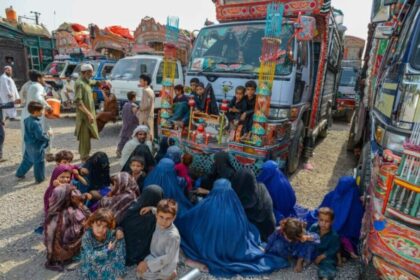RASC News Agency: Afghanistan is witnessing a disturbing surge in suicide cases among its youth, a crisis rooted in deepening economic despair, social repression, and systemic neglect under Taliban rule. On Tuesday, July 1, local sources in Khost Province reported the suicide of a young man in Zazi Maidan district an act that, tragically, is no longer an anomaly but part of a growing national pattern. According to sources close to the family, the victim had been battling severe financial pressure and escalating family tensions. Signs of emotional distress and depression had been visible for weeks, yet, like so many across the country, he was left without any access to psychological support or intervention. Just days before, another youth in the same district reportedly ended his life under similarly dire circumstances.
This wave of suicides is not confined to Khost. In Kandahar Province, two more young men took their own lives earlier this week, prompting grave concern among local residents and health workers. The alarming frequency of these incidents underscores what observers describe as a mental health emergency intensified by Taliban misrule. Under the Taliban’s regressive regime, access to education, employment, and psychological services has collapsed, leaving Afghanistan’s youth with few prospects and even fewer lifelines. Banned from schools, excluded from the workforce, and stripped of civil liberties, young Afghanistanis both men and women find themselves trapped in a society that offers them no future and no voice.
“The Taliban’s rule has institutionalized hopelessness,” said one former mental health worker in Kabul, speaking anonymously for fear of reprisal. “We are not just losing lives we are watching an entire generation fall into despair, unseen and unheard.” In just the past week, at least five suicides have been reported in various provinces an unprecedented toll that reflects the breakdown of both social cohesion and public services. Mental health programs, once modest but active under the previous government, have been completely dismantled or driven underground. The Taliban’s draconian policies, coupled with their hostility toward modern psychology and gender equality, have erased what little infrastructure existed to support those in crisis.
Furthermore, cultural stigma surrounding mental illness compounded by the Taliban’s religiously hardline rhetoric has silenced many who might otherwise seek help. In many cases, families mourn in silence, afraid to speak publicly or even acknowledge the true cause of death. Experts warn that this is not merely a mental health issue it is a national tragedy born of political tyranny, economic suffocation, and moral failure. The Taliban’s obsession with control and ideological purity has come at the expense of human dignity, psychological wellbeing, and even life itself.
As one Khost resident bitterly remarked:
“Under the Taliban, you don’t live you endure. And for some of our youth, even enduring has become too much.” Unless urgent humanitarian assistance and community-based psychological support programs are reintroduced with the protection of international oversight and independent actors Afghanistan’s silent epidemic of suicides will likely continue to spread, claiming more lives in a country already ravaged by repression and abandonment.






